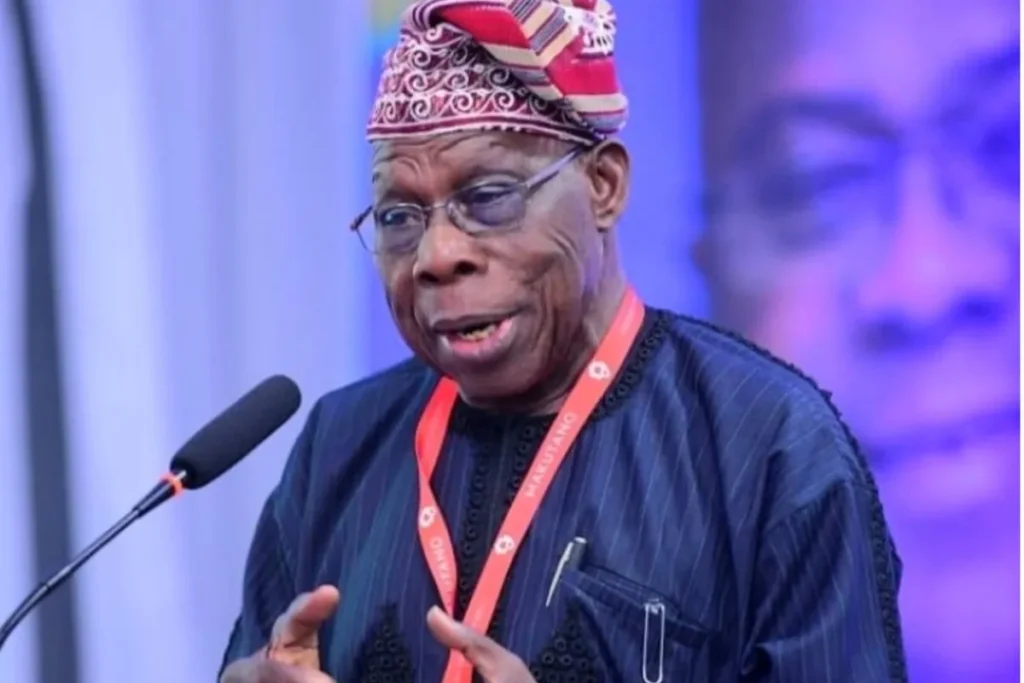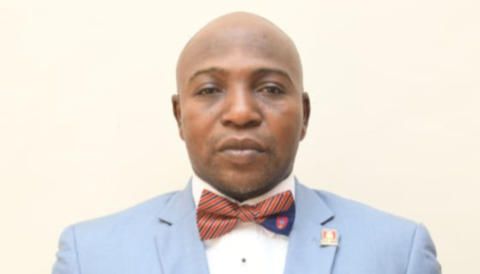Former President Olusegun Obasanjo has stressed that sustainable nation-building is closely tied to strong ethical values and social responsibility, particularly in shaping young leaders through education. He made this point during the maiden Olusegun Obasanjo Leadership Training Programme for Secondary School Prefects, organised by the Olusegun Obasanjo Leadership Institute (OOLI) in Abeokuta on Friday.
The programme brought together nearly 1,000 head boys, head girls, and senior prefects from secondary schools across Ogun State. Obasanjo highlighted the role of education in cultivating responsible leadership, noting that the prefect system provides students with practical experience in discipline, administration, and peer leadership.
“A prefect is a senior pupil given authority by the school management to help maintain discipline and assist in administration,” he said. “School prefects carry a fraction of a teacher’s authority and must, therefore, demonstrate exemplary conduct. This is not just about authority—it’s about learning responsibility and leadership through education.”
He further urged the students to develop clear missions, visions, and goals, referencing Edwin Locke’s Goal-Setting Theory as a practical framework for personal growth and disciplined planning within the school environment.
The Ogun State Commissioner for Education, Science and Technology, Professor Abayomi Arigbabu, praised the initiative as a valuable complement to the state’s education reform agenda under Governor Dapo Abiodun. He reminded the prefects that leadership in schools is rooted in service, character, and influence, and encouraged them to act as role models in their institutions.
“Leadership in education is the courage to uphold what is right, the discipline to make wise choices, and the ability to inspire others through example,” Arigbabu said.
Emeritus Professor Peter Okebukola, a member of the OOLI Governing Board, explained that the institute was established to cultivate leadership skills in students from the classroom to national and global stages. With more than 25,000 secondary schools in Nigeria, the programme aims to gradually reach head boys and head girls across the country, equipping them with structured training in leadership principles.
“These young students are tomorrow’s leaders—future governors, legislators, vice-chancellors, and even global influencers. Through education and proper training, we can strengthen their innate leadership abilities,” Okebukola stated.
The event underlined the critical role of schools in fostering ethical, socially responsible leaders and demonstrated how structured educational programmes can prepare students for active and effective leadership in society.





